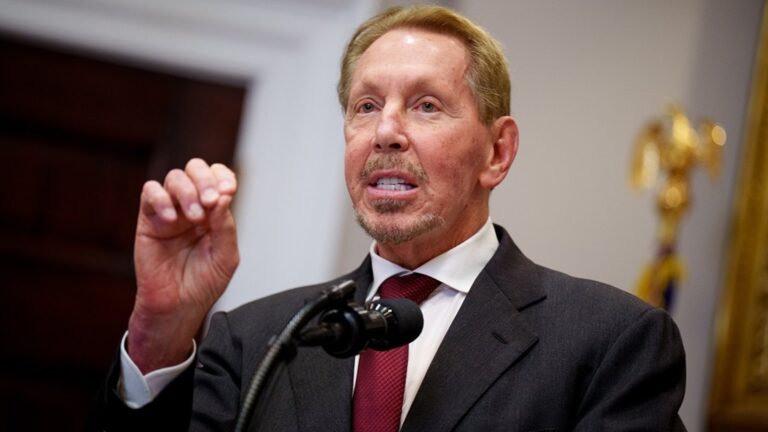X’s chief executive said the platform would soon be exploring the possibility of launching an X credit or debit card by the end of this year
read more
In line with Elon Musk’s ambition to turn X into a ‘super-app’, the social media platform’s chief executive Linda Yaccarino has revealed that users would soon be able to make investments or payments on the app.
“You’ll be able to come to X and be able to transact your whole financial life on the platform,” Yaccarino was quoted as saying by Financial Times.
“And that’s whether I can pay you for the pizza that we shared last night or make an investment or a trade. So that’s the future,” she said.
X debit, credit card soon
The executive said the platform would soon be exploring the possibility of launching an X credit or debit card by the end of this year.
The new proposed model of X falls in line with Musk’s long-time project to embed messaging, payments and shopping on the platform, something that China’s WeChat offers.
X has announced the upcoming launch of X Money, a digital wallet and peer-to-peer payment service, with Visa as its initial partner, set to debut later this year. On Tuesday, CEO Linda Yaccarino stated that X Money will first roll out in the United States before expanding globally, enabling users to purchase merchandise, store value, and tip creators on the platform.
“A whole commerce ecosystem and a financial ecosystem is going to emerge on the platform that does not exist today,” she said.
Compliance challenges
As X looks to veer into financial business, the app is set to face stringent regulatory challenges, such as compliance with licensing and money laundering regulations.
Additionally, the company has faced troubles in the past over a face-off with advertisers. Miffed over Musk’s hands-off approach to moderation, various advertisers abandoned X shortly after he took over the platform.
Last summer, X even filed a federal antitrust lawsuit against the Global Alliance for Responsible Media, accusing the group of violating competition law by coordinating an “illegal boycott” under the guise of an online safety initiative.




















